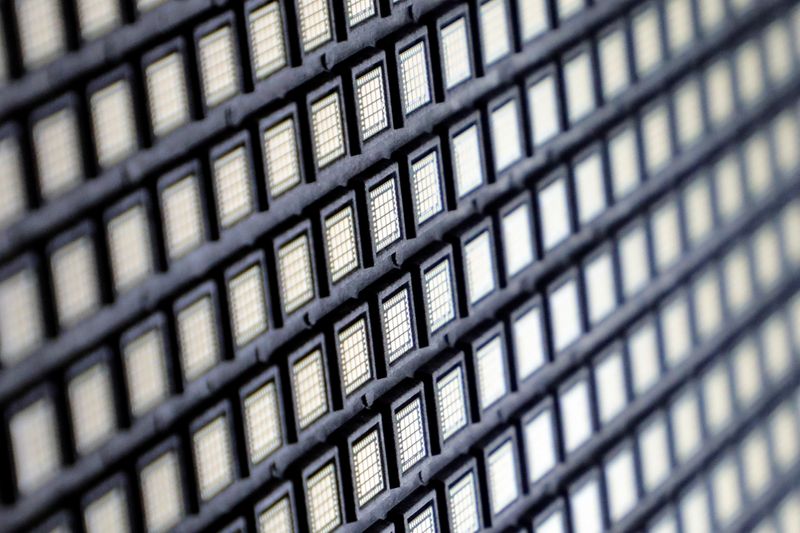Beamr video compression achieves up to 50% improvement for AVs
Investing.com-- China is expected to reduce its semiconductor equipment spending in 2025 and 2026, according to UBS, due to growing uncertainty about stricter U.S. export controls and weaker demand.
The bank now estimates China’s wafer fab equipment (WFE) spending to drop to $29.7 billion in 2025, down 7% from earlier projections, marking a 19.5% decline compared to 2024. The forecast for 2026 was also cut to $28.4 billion, UBS said in a note.
The revised outlook comes after ASML (NASDAQ:ASML), a key supplier to the chip industry, highlighted slower orders from China. This slowdown reflects both overstocked inventories and concerns about new U.S. export rules, which could block access to critical equipment for Chinese chipmakers. UBS expects countries like Japan and the Netherlands to support these restrictions, further impacting China’s plans to expand its advanced chip factories.
Despite these challenges, local Chinese companies are making progress. UBS predicts domestic suppliers will gain a larger share of the market, rising to 20% in 2024, up from the low teens this year. Tighter export controls may actually help Chinese companies as they develop alternatives to imported equipment.
UBS recommended buying shares of NAURA Technology Group Co Ltd (SZ:002371), a leading Chinese semiconductor equipment maker, citing strong growth and competitive technology. However, it downgraded Advanced Micro Fabrication Inc (SS:688012) to “Neutral,” suggesting its stock price has risen too much recently to justify further investment.
While the industry faces short-term hurdles due to geopolitical tensions, UBS notes that the long-term potential remains strong if Chinese firms can continue to innovate and adapt to restrictions.
